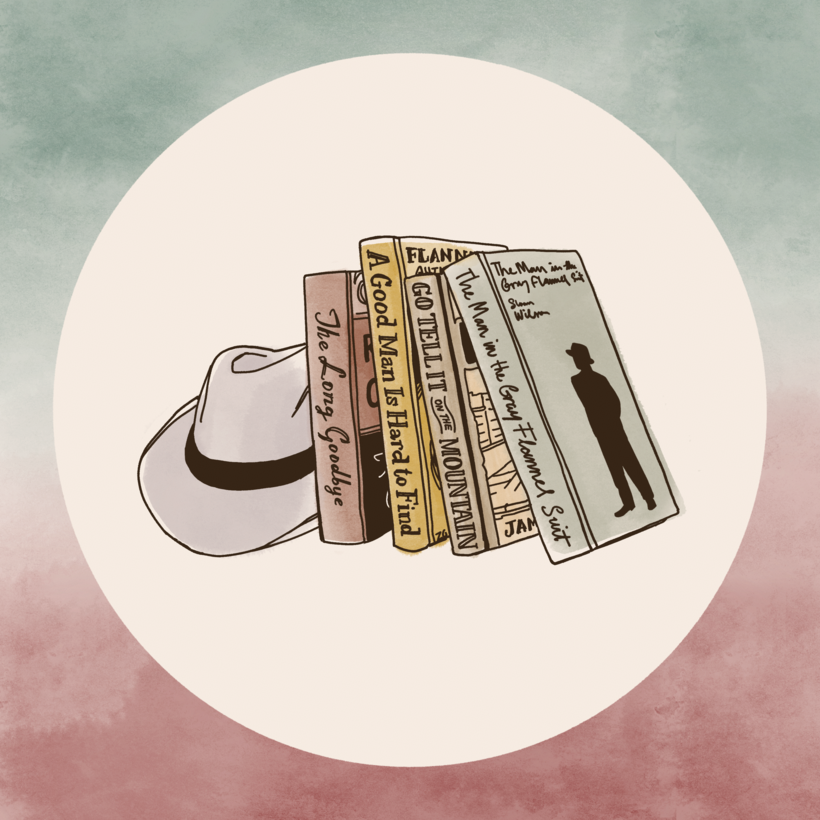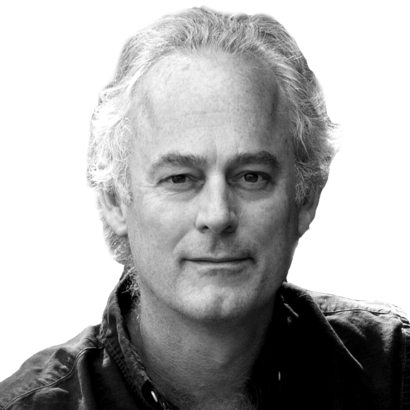Before I set out on a new project, I like to read a handful of novels written (and ideally set) in the time period in which I’m about to immerse myself. My new novel, The Lincoln Highway, takes place over 10 days in June of 1954, so in anticipation I read a number of American works from the mid-50s, including the four listed below.
What I love in particular about this list of concurrent classics is how varied they are in terms of geography, tone, and theme. In aggregate, they provide a snapshot of America’s socio-economic, regional, and racial diversity. They also showcase very different approaches to effective storytelling.


